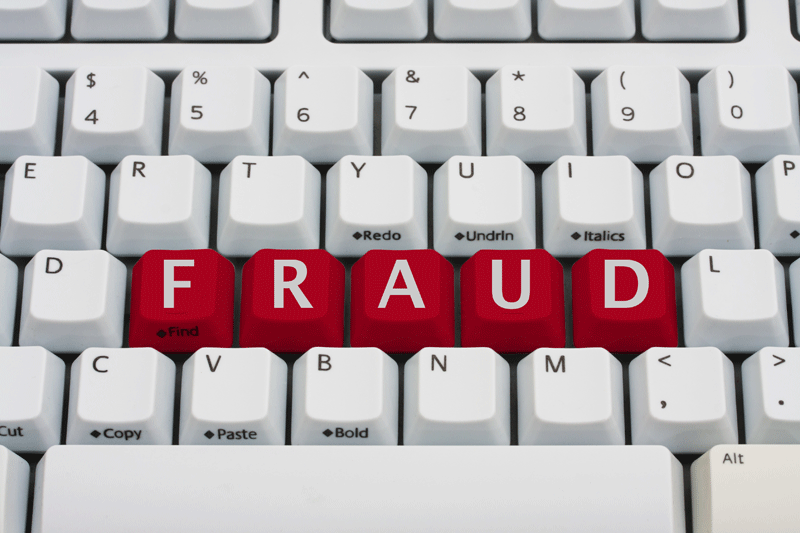
ANTI-CORRUPTION PROFESSIONALS AND BUSINESSES ALLIANCE IN GREAT BRITAIN





transparency and honesty
APBA’s Definition of Corruption
Corruption refers to dishonest or fraudulent conduct by those in power, typically involving bribery. It stretches over large antisocial and unacceptable behaviours including the following:
Dishonesty unscrupulousness deceit
Deception
Duplicity
Double-dealing jobbery
Dishonest dealings
Fraudulence
Misconduct
Lawbreaking
Profiteering
Malfeasance
Crime
Criminality
Delinquency
Wrongdoing
Villainy
Subornation
ANTI-CORRUPTION
Villainy
Bribery
Subornation
venality
Graft
Extortion
Bribery
Extortion
Fraud
Collusion
Money-laundering
Payola
Crookedness
Shadiness
Sleaze
Palm-greasing
Voluntary or coerced corruption
Corrupt practice may be a voluntary act undertaken with the deliberate intention of gaining a competitive advantage or unjustified selfish gains. In some circumstances, a bribe may be extorted from e.g. a contractor in that if it does not pay a bribe, it will not receive a payment to which it is entitled.
Abuse of Power and Authority
The term ‘Corruption’ is often used to describe the misuse of public power by those entrusted with power for private gain. Such people include elected politician and appointed civil servant. This is public corruption. The actual actions which constitute corruption extend to private individuals and businesses. The abused power may have been acquired by heritage, education, marriage, election, appointment, the list continues.
It follows therefore that all people in authority being it in businesses, communities, associations or federations are potential corruption candidates. They include the CEO, chairman, presidents of a business, and managers/team leaders at a workplace. There are also community leaders and religious leaders. People in authority positions can perpetrate everyday abuse of entrusted power in their interactions with ordinary citizens, who often are trying to meet basic needs in places like police stations, hospitals, schools, government departments, etc.



Who may be liable for corruption offences?
Both companies and individuals can be liable for a criminal offence. However, the gravity will be dictated by the law of a particular country or jurisdiction.
Individuals who are either directly or indirectly involved in corruption practice may be liable. Those in authority such as chief executive and directions in businesses may also be held liable for corruption practices of their business. There is also those who aid and abet in the practice. An individual may also be liable for the offense of aiding and abetting where he has somehow facilitated the committing of the offense.
Kickbacks
A kickback refers to a negotiated bribery in which a commission is paid to the bribe-taker in exchange for services rendered. This may occur in a business where e.g. suppliers or service providers pay part of their fees to the individuals who gave them the contract or some other business advantage. Typically, a percentage of income is given to a person in a position of power or influence as payment for having made the income possible.
Bribery
The act of taking or receiving an undue reward with the intention of influencing the recipient in some way that is favourable to the party providing the reward. Bribery is typically considered illegal. This includes payments to secure a business advantage, financial or otherwise, to which the company is not entitled. At individual levels, bribery involves trying to make someone do something for you by giving them money, presents, or something else that they want.
Facilitation payments
Facilitation payments are small bribes to given officials or people in some advantageous positions with a view to speeding up routine transactions to which the payer is already entitled. This is very typical of governmental transactions and involves government appointed officials.




QUICK LINKS